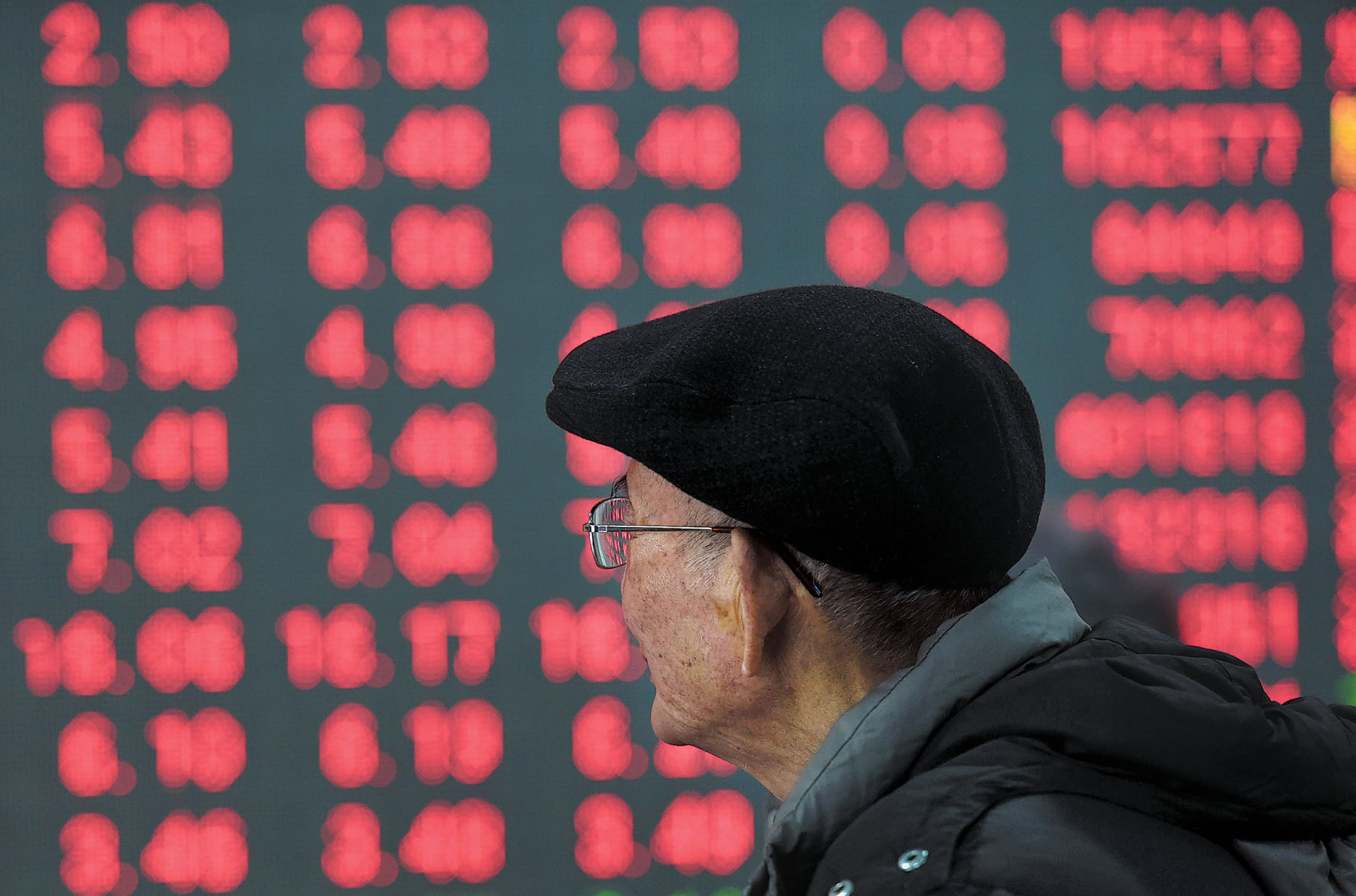Improved governance and reforms system vital to advance Chinese modernization, experts say

Optimizing the regulatory system will be high on the agenda of China’s ongoing financial reform, and it will be aimed at making sure that the financial sector efficiently performs its fundamental duty of serving the real economy, according to leading Chinese financial experts.
Achieving high-quality development of the financial sector is of extreme significance for China’s pursuit of modernization, they said, noting that financial support is crucial for fostering new quality productive forces and sharpening the country’s edge in international competition.
To achieve that goal, strengthened supervision will be required to ensure that the financial sector focuses on serving the real economy, rather than self-interest such as letting funds circulate idly within the industry or compensating professionals in the industry disproportionately, relative to their economic contributions, the experts said.
As for stock market reform, the immediate focus should be on further improving the most fundamental rules while restoring a reasonable level of valuation, with measures that are warranted such as intensifying delisting and attracting long-term capital such as local social security funds, they added.
The comments came after Wang Jiang, executive deputy director of the office of the Central Financial Commission, said that deepening financial reform requires strengthening risk prevention, intensifying supervision, and promoting high-quality development. The commission is responsible for the top-level design of China’s financial stability and development efforts.
In an interview with People’s Daily on Aug 9, Wang called for the establishment of necessary “fences” and “firewalls” to perfect the financial regulatory system.
Liu Qiao, dean of Peking University’s Guanghua School of Management, said: “The primary objective of strengthening regulation is to bring finance back to its essence, which is better serving the real economy. In other words, promoting new quality productive forces and better facilitating China’s modernization.”
Liu, who is also a professor of finance, said it is “almost unimaginable” that the world’s second-largest economy could gain an edge in the new round of technological revolution without the high-quality development of finance.
Therefore, the recent regulatory scrutiny in the industry should not be taken as a sign that the importance of finance will be downplayed, but rather as a call for the industry to better promote China’s high-quality development, Liu said.
Tian Xuan, vice-dean of Tsinghua University’s PBC School of Finance and director of the university’s National Institute of Financial Research, said: “We must profoundly recognize that the fundamental nature of finance is that it is a service industry. To serve the real economy is its paramount duty.”
It is not acceptable for financial activities to detach from the real economy, such as financial institutions using channel businesses to earn a commission by simply passing funds through them without contributing to the real economy, Tian emphasized.
As one of the key tasks in deepening financial system reform, the resolution adopted in July at the third plenary session of the 20th Central Committee of the Communist Party of China called for refining the role and governance of financial institutions and improving the incentive and constraint mechanisms to ensure that they serve the real economy.
Specifically, the resolution said that China should improve the functions of the capital market and establish long-term mechanisms to enhance market stability.
With the capital market seen as being more capable of supporting innovation activity than the banking industry, China has accelerated capital market reform, with the State Council, China’s Cabinet, releasing a guideline in April for nine measures to promote the market’s high-quality development.
However, experts said that much more should be done. Nonfinancial companies raised only 144.5 billion yuan ($20.2 billion) via the domestic stock markets in the first seven months of the year, compared with the aggregate 18.87 trillion yuan in financing to the real economy during the same period, data from the People’s Bank of China showed on Aug 13.
The Chinese A-share market also has a large scope for improving investors’ prospects for returns, especially amid a more volatile global financial market landscape.
Zhang Ming, deputy director of the Chinese Academy of Social Sciences’ Institute of Finance and Banking, said capital market reform should prioritize improving the most basic rules and regulations, including tackling financial fraud, strengthening investor protection, and promoting regular delistings.
The next step should be ushering in more long-term capital, especially by gradually expanding the proportion that provincial-level social security funds are allowed to invest in the A-share market, said Zhang, who is also deputy director of the National Institution for Finance and Development.
Liu from Peking University said it is important to nurture qualified institutional investors and even consider channeling more governmental funds, through fiscal authorities or the central bank, into the A-share market to rectify undervaluation.
“The urgent priority is to restore the market’s price discovery function,” Liu said, referring to the restoration of a reasonable level of valuation.
Li Zitong contributed to this story.
Contact the writers at zhoulanxv@chinadaily.com.cn


